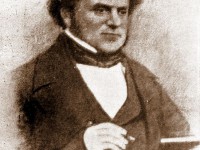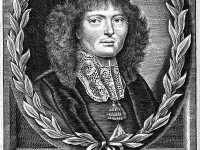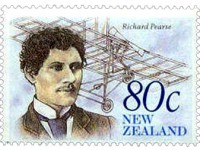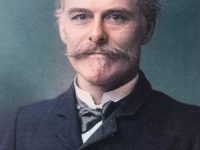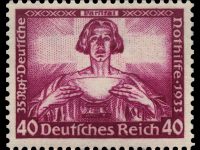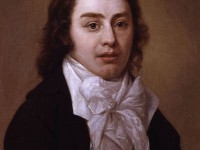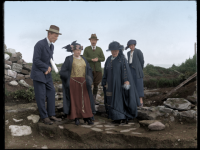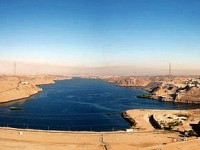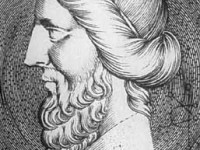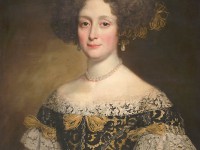George Baxter and the Color Printing Process
On July 31, 1804, English artist and printer George Baxter was born. Baxter is credited with the invention of commercially viable colour printing. Though color printing had been developed in China centuries before, it was not commercially viable. Baxter used wood and metal color blocks in conjunction with steel key plates and using oil inks. George Baxter – First Colour Prints George Baxter was born in 1804 in Lewes, Sussex, the second son…
Read more

